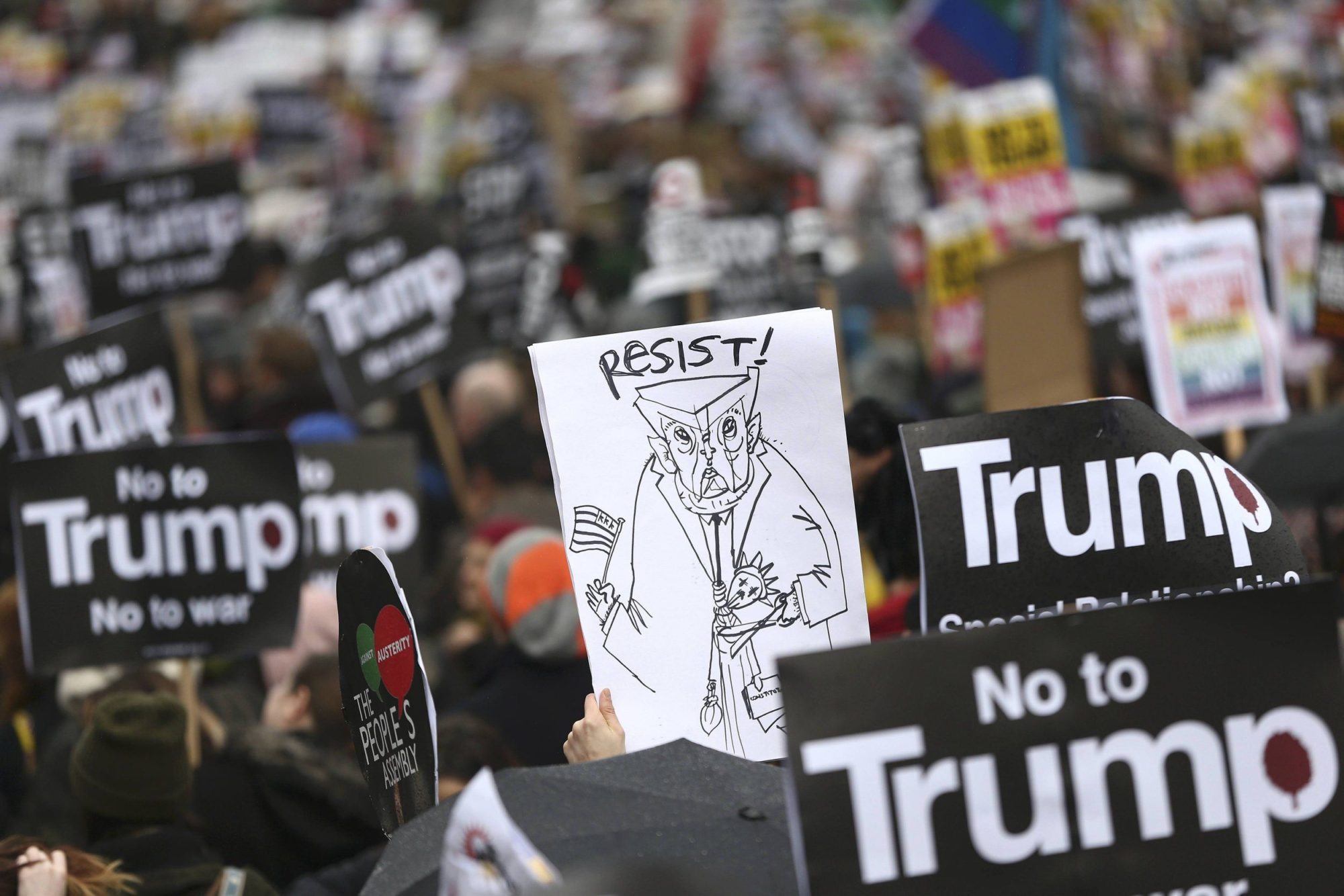Political power transitions are always a shock to the system. Our country’s democratic form of governance is both stable and unstable simultaneously. Stable, because the institutions that run the country – federal agencies, the courts, and yes, even the media – don’t flip back and forth as often as our elected leaders. Unstable, because those in power can be easily displaced – and they have been, at a dizzying pace, for the past two decades.
Yet the election of 2016, because it was so unexpected, has pushed existential questions into our politics like never before. Was this election nothing more than a normal rotation of power, one that our democracy has experienced throughout its history, or is this time different? Is Donald Trump an anti-democratic figure who will upend the institutional parts of our democracy, rendering it unable to have peaceful transfers of power in the future? Will our democracy still be here for the next elections?
And Democrats aren’t the only ones asking these questions.
One need look no further than the fierce criticism of Trump by leading Republican Senators Jeff Flake and Bob Corker. Flake and Corker are ideologically conservative, proponents of free trade, a balanced budget, traditional family values, and a muscular American defense. In any previous era, they would be setting the agenda in a Republican Washington. But they’re not. Instead, they’re going home. And they’re doing so while expressing deep fears about the future of our democracy.
So how should we chart a forward path when such fears are being expressed openly from the Senate floor by leading Members of the President’s own political party? There are several key questions we should ask.
First, are both political parties committed to democracy?
Unlike his predecessors who have swept their party back into complete control of the government, Trump’s first political target has been his fellow Republicans. Trump’s allies, led by his political whisperer Steve Bannon, believe in purifying the party to its most extreme self. And so, in the name of Trump, they attack establishment Republicans like Flake and Corker in the hopes of driving them out and replacing them with arch-conservative ideologues like Roy Moore of Alabama. Dissent from Trump is not tolerated, even though it clearly exists. Safe political debate within the Republican party appears to be almost extinct, which means that one of our two major parties rejects democratic principles.
Second, will the President govern for the majority?
President Trump lacks a national mandate for his agenda. Yet his willingness to act as if he won a clear majority, even though he lost the popular vote by nearly three million votes, is not unprecedented. Just ask George W. Bush if he governed for the majority after he barely took the presidency in 2000 while losing the popular vote. He didn’t. Instead, he and then-Vice President Dick Cheney drove through unpopular tax cuts for the wealthy that decimated the federal budget, pushed the country towards a disastrous war of choice in Iraq, and undermined US efforts to fight climate change in favor of fossil fuel companies, all within his first couple of years. Yet just because they could enact these policies, it didn’t mean that they were governing for the majority. And they clearly weren’t, as Republicans were swept out of Congress in 2006 and the White House in 2008.
Third, will the President defend our values and oppose our adversaries?
President Trump has a habit of attacking longstanding heroes of our political culture while withholding criticism of our country’s historic opponents. This is different from the past. For example, Gold Star families, comprised of sons and daughters, spouses and loved ones of American service members killed in action, have never been subjected to public criticism by a President or his team. Yet now they are, as the President himself has chosen to publicly reject the words of a widow of an American serviceman killed in Niger. And yet when it comes to the President’s own campaign staff having lied to the FBI about contacts made with Russia during the campaign – a country whom our Intelligence Community assesses attacked our elections last year – the President won’t even utter a word of condemnation on our country’s behalf.
Americans have faith in our democracy, yet have reason to question whether it is in jeopardy today. The normal rotation of power doesn’t feel so normal this time. Continually answering these three questions will help us to know whether it truly is in peril… and what to do about it.




















